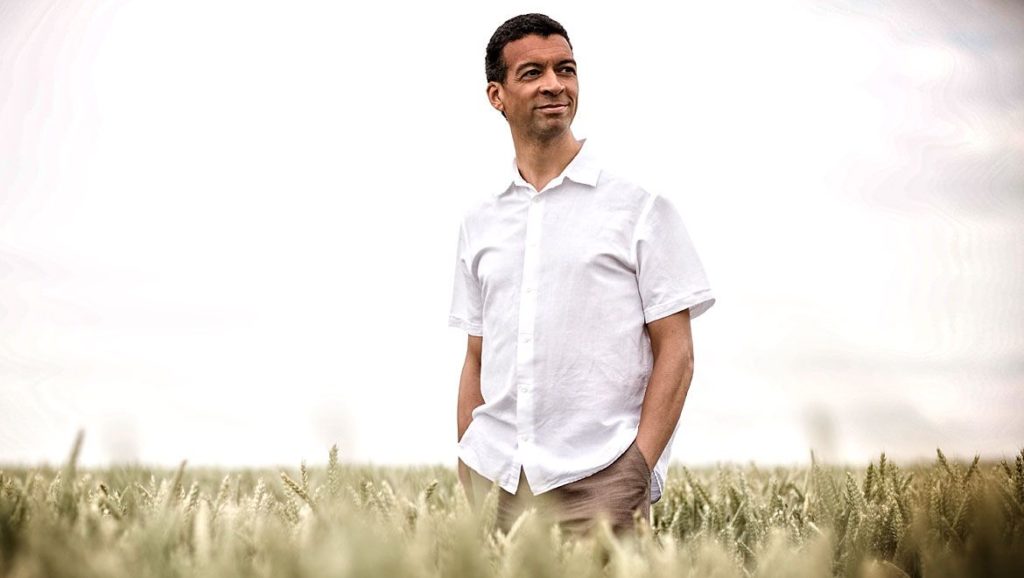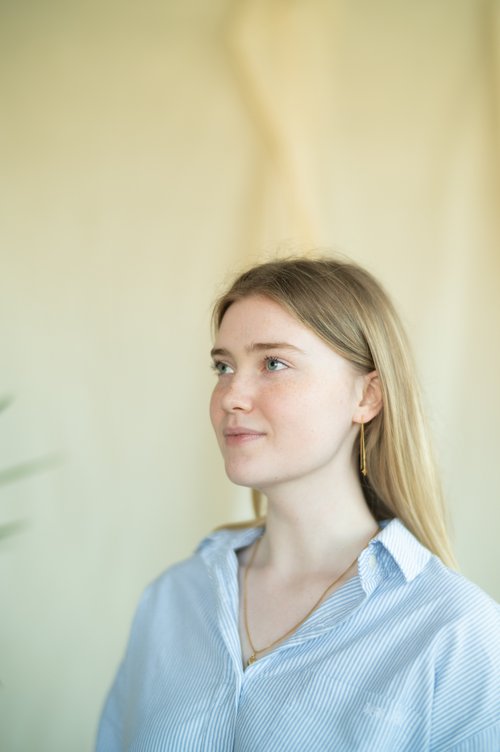
IT IS rare for a song recital to contain only songs in English, still rarer for all the composers involved to hail from the British Isles. But then a recital by baritone Roderick Williams is never going to be run-of-the-mill, still less when a pianist of Christopher Glynn’s talents is at his side.
The occasion was enhanced by the presence of the highly promising young soprano Caroline Blair, who took part in six numbers.
From the moment he appears, Williams gives the impression that there is nowhere else in the entire universe he would rather be, such is his charisma. Before he has even opened his mouth, the audience is at ease and eager. Needless to say, he faced a full house at the Lyons and clearly revelled in that fact.
Six John Ireland songs formed his opening set and included two of the composer’s three settings of Masefield, the incomparable Sea Fever and the vernacular Vagabond (it has no definite article). The former was truly noble, delivered almost as recitative, with deliberately uneven pacing but never losing momentum.

Glynn, as so often elsewhere, seemed to follow him instinctively: they were a tight duo. Vagabond might have been a touch more carefree, in the manner of Vaughan Williams’s Songs of Travel, which appeared later here.
But the finest song of the Ireland set was Youth’s Spring Tribute, the barely suppressed ecstasy of its opening blossoming into a huge climax with April’s sun, before petering into a serene conclusion. It was a good counterbalance to Housman’s sombre, autumnal We’ll To The Woods No More, heard earlier.
Masefield was also the creator of The Seal Man, which brought forth arguably the finest ofRebecca Clarke’s many songs, now thankfully enjoying something of a revival. Williams treated it as an operatic scena, generating terrifying resonance at its climax, before the tragic drowning of the young girl. It was powerful indeed.
Blair had opened her account with Clarke’s setting of Yeats’s The Cloths Of Heaven, giving it firm, intelligent focus.
Two songs each from Ina Boyle and Joan Trimble contributed an Irish flavour, with folksong never too far from the surface, even in Boyle’s Straussian setting of George Russell’s The Joy Of Earth. Another Ulsterman, Charles Wood, known almost exclusively for his church music, in fact wrote many settings of Irish Folksongs, here well represented by I’d Roam The World Over With You, a strophic song with attractively varied accompaniments in each verse.

Both the Irish ladies had also shown a flair for piano writing, which Glynn delivered handsomely. Our duo’s bold, exciting approach to Tewkesbury Road gave the lie to Michael Head’s reputation as a composer of delicate miniatures.
Williams’s superb ability to deliver a smooth legato underlined Vaughan Williams’s talent as a melodist in his Songs of Travel, never more so than in Whither Must I Wander?. The vagabond emerged as a character in his own right, if perhaps not quite as overawed by the “infinite shining heavens” as he might have been. But the contrast between the two verses of Bright Is The Ring Of Words was truly intense, the one strong and confident, the other gently wistful.
The evening ended with four songs by Williams himself. The first, the duet Prima Materia, uses single Latin words “derived by Catherine Wilson from the Jungian concept of alchemical diagnosis”. Here the patient (Blair) and the therapist (Williams) were at comical cross-purposes, neither seemingly listening to the other until subsiding into suspicious ‘conjunctio’. It required considerable facility from Glynn’spiano.
Two Wendy Cope poems, both fanciful and parodistic, made an amusing intro to the cleverest setting of the four, the duet Sigh No More, Ladies. As a composer, Williams has as much of a feel for the piano as he does for voices, if not more. Blair showed remarkable composure and a mezzo-like timbre that is extremely appealing.
We had also heard several settings of The Salley Gardens – by Ireland, Clarke and Gurney – but they were outclassed by Britten’s setting with its rueful postlude, heard as an encore. It rounded off a thoroughly rewarding evening, all of it crisply conveyed in our own language.
Review by Martin Dreyer
